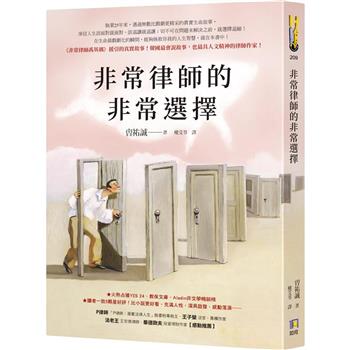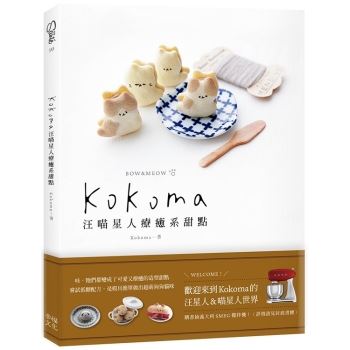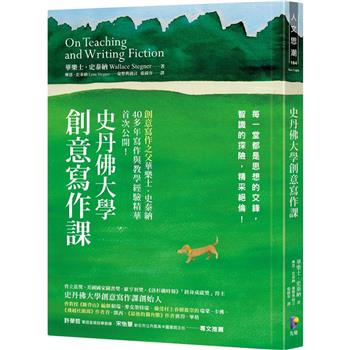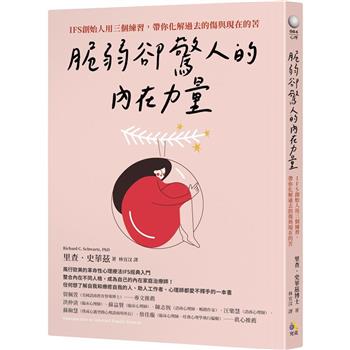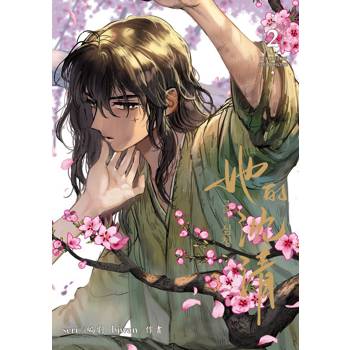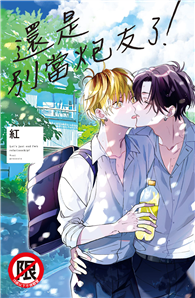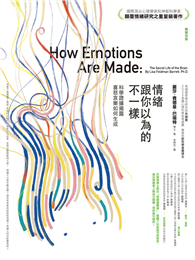Colour and Mood
Levels 27 Ruby
Key learning Area Technology
Theme How different colours create different moods
Title Different Colours
Text Type Information Report
Pages 2–9
Text Form Pamphlet from an interior designer
Genre Non-fiction
Purpose To present information that classifies living or non-living things
Text Structure
General Statement: Identifies and classifies the subject (Pages 2–3)
Description: Provides information about the subject's physical appearance and other characteristics (Pages 4–8)
Evaluation: Provides a summary statement about the subject (Page 9)
Language Features
‧Nouns (e.g. rooms, colour, mood)
‧Pronouns (e.g. It)
‧Adjectives (e.g. certain, relaxing, simple)
‧Past tense verbs (e.g. use, have, is)
‧Adverbs (e.g. often)
‧Adverbial phrases (e.g. in the garden outside)
Title Choose Paint Colours Carefully
Text Type Exposition
Pages 10–16
Text Form Pamphlet for house paints
Genre Non-fiction
Purpose To persuade by arguing one side of an issue
Text Structure
Statement of Position: Explains the writer's point of view and previews the arguments (Page 10)
Series of Arguments: Describes each argument and lists them in order of importance (Pages 11–15)
Concluding Statement: Relates the position more forcefully to persuade the reader (Page 16)
Language Features
‧Nouns (e.g. paint, room, home)
‧Pronouns (e.g. you, your)
‧Adjectives (e.g. right, modern, older)
‧Sensing verbs (e.g. think, feel, want)
‧Adverbs (e.g. often, carefully)
‧Adverbial phrases (e.g. in a particular room)
‧Time and sequence words (e.g. First, Also, Finally)

